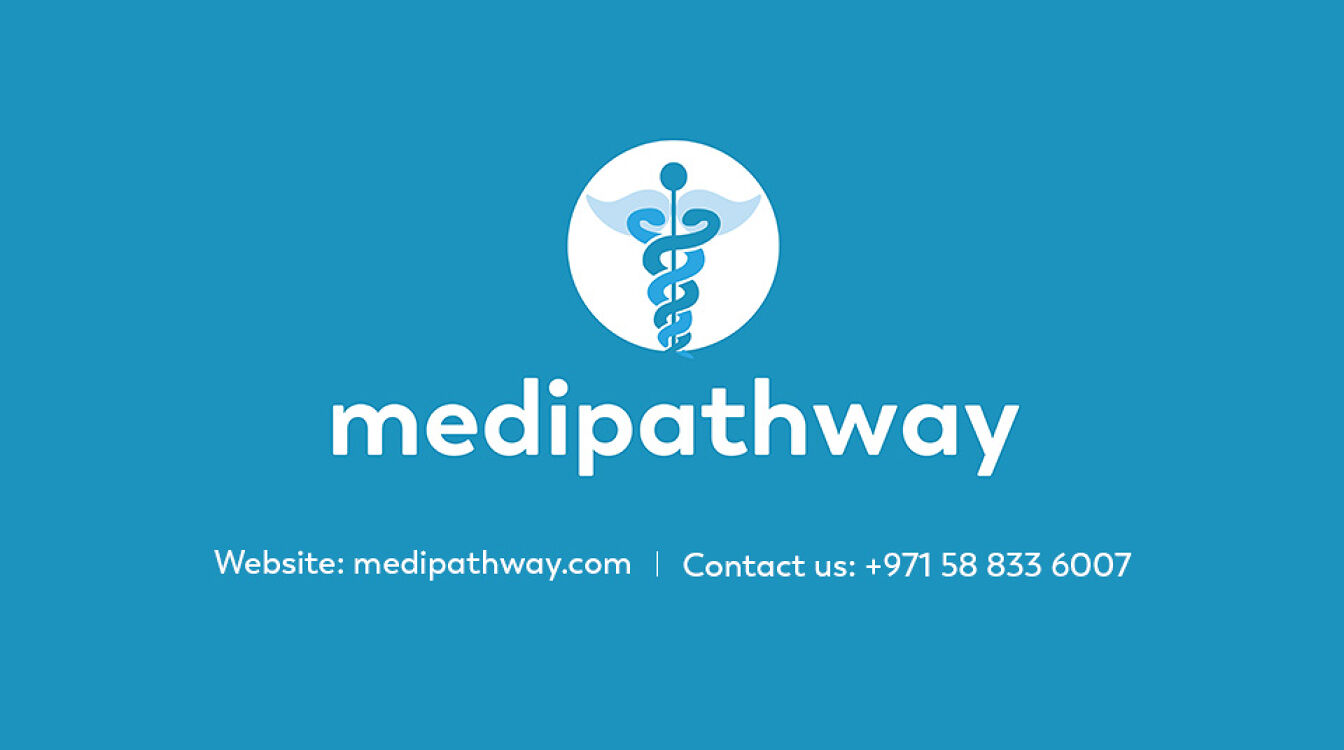5 Exclusive Benefits of Studying MD/MBBS in the Caribbean
Studying
medicine is a rewarding career, but it can be expensive. Hence, students look
for alternatives where they can get a good education without incurring
excessive debt.
Medical
studies in the Caribbean offer the same quality of education at a much lower
cost. However, selecting the right medical college that meets all your
requirements is important.
Studying MD/MBBS (Bachelor of Medicine, Bachelor of Surgery) in the Caribbean has become an increasingly popular choice for international students. The Caribbean offers a unique opportunity to study medicine in a multicultural environment with modern facilities and experienced faculty.
Choosing the right medical school can be daunting for students who aspire to become doctors. While many options are available, studying MD/MBBS in the Caribbean has become an increasingly popular choice for students worldwide. This is due to several reasons, including the availability of excellent academic programs, experienced faculty, and a supportive learning environment. This blog post will discuss five benefits of studying MD/MBBS in the Caribbean.
1. Quality Medical Education
One of the most significant benefits of studying MD/MBBS in the Caribbean is the available quality of education. Many medical schools in the Caribbean have a rigorous curriculum to prepare students for a successful medical career. The curriculum is based on the same standards as those in the United States and other Western countries, so students can be assured of receiving a world-class education.
Moreover, many of the Caribbean medical schools have a high percentage of USMLE pass rates, which means that their students are well-prepared to take the USMLE exams required to become licensed physicians in the United States. This is a testament to the quality of education offered in the Caribbean.
2. Cost-Effective Option
Studying medicine can be expensive, with tuition, books, and living expenses adding up quickly. However, studying MD/MBBS in the Caribbean is more cost-effective than studying in the United States or other Western countries. The cost of tuition and living expenses in the Caribbean is significantly lower than that in the United States, which makes it an attractive option for many students.
Additionally, many Caribbean medical schools offer scholarships and financial aid to their students, making it easier for them to afford their education. This means that students can graduate with less debt, which can be a significant advantage as they begin their careers as doctors.
3. Multicultural Environment
Studying
MD/MBBS in the Caribbean gives students a unique opportunity to experience a
multicultural environment. The Caribbean is home to people from many different
ethnicities and backgrounds, which means that students will have the
opportunity to interact with people from all over the world.
This multicultural environment can be beneficial for students as it helps them develop a broader perspective and understanding of different cultures. This is especially important for doctors working with patients from diverse backgrounds and cultures.
4. Clinical Rotations in the United States
Many Caribbean medical schools have partnerships with hospitals and clinics in the United States, which means that students have the opportunity to complete their clinical rotations in the United States. This is a significant advantage for students, as it allows them to gain hands-on experience in a clinical setting and familiarize themselves with the healthcare system in the United States.
Furthermore, completing clinical rotations in the United States can be an excellent opportunity for students to network and connect with physicians and other healthcare professionals. This can be valuable as they begin their careers and look for job opportunities in the United States.
5. Supportive Learning Environment
Studying medicine can be challenging, and students need a supportive learning environment to succeed. Caribbean medical schools are known for their supportive learning environment, with experienced faculty and staff dedicated to helping students succeed.
Many Caribbean medical schools have small class sizes so that students can receive individualized attention and instructor support. This can be especially helpful for students needing extra help with certain subjects or learning disabilities.
Additionally, many Caribbean medical schools have programs to help students with personal and professional development. These programs can include mentorship programs, career counseling, and networking opportunities.






Comments
Post a Comment